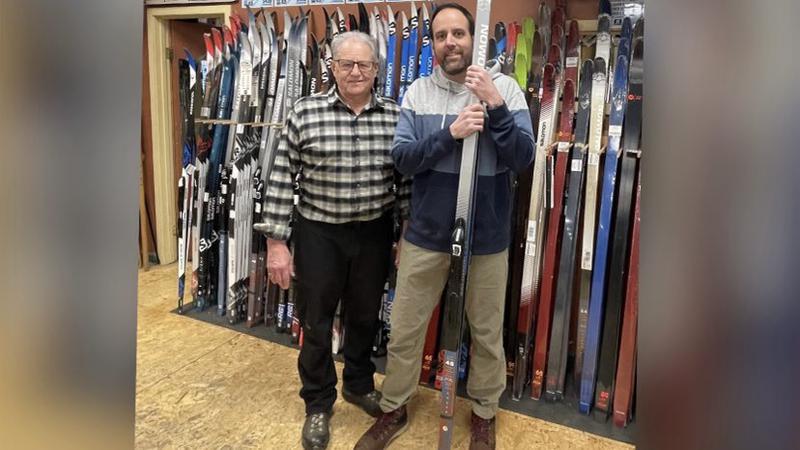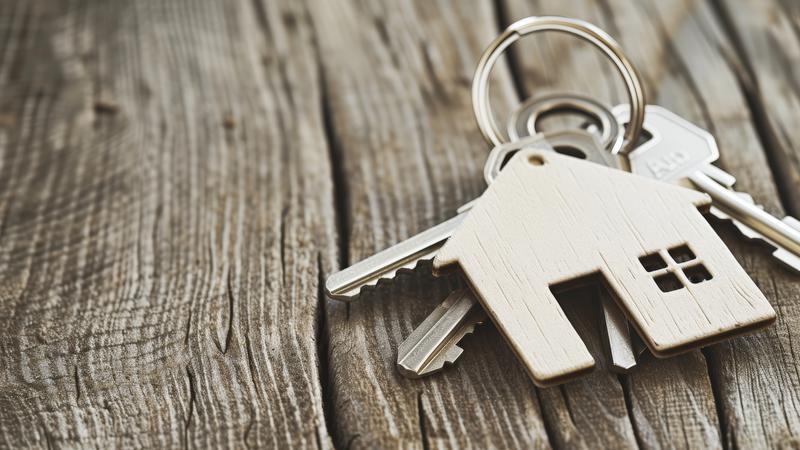Fall Preparations
Colder evenings and changing leaf colours definitely signal fall is here. As we make plans for the coming winter, please think of these safety reminders.
• Cleaning Eaves or washing windows – be sure to not overextend your reach while on a ladder and ensure your ladder is positioned on solid ground.
• Colder nights mean using your furnace or fireplace – if using your fireplace ensure that there is adequate ventilation. If possible have a look up the chimney to ensure that is clear of any blockages. Now is the time to have your furnace serviced for the long winter ahead and consider adding carbon monoxide detectors to your home.
• Wear the Gear – hockey season is well underway as are many other indoor sports. Stay hydrated with plenty of water; wear the gear appropriate to the sport and ensure that the proper gear fits and is in good condition. Different sports require different helmets. Be sure your child and you wear one in the field of play.
• Head Injuries take time – collision with a fixed object or another player may cause a concussion. There is no rush to return to play. No player is that important that they cannot sit the rest of game out!
• Get the right car seat fit – it’s important with cooler mornings you do not release the straps on your car seat to accommodate a bulky jacket. Leave them snug and open the coat for comfort.
• Hunt with care – hunting season is upon us, be safe with your gun or bow. Store your firearms safely and never hunt from a vehicle. It is important you are certain the target is prey and not your hunting partner.
• Working indoors ensure a well ventilate area – many hobbyists or those working on their own vehicles will use a space heater or something to heat the garage. Make sure there is adequate ventilation and if you experience dizziness, headache or extreme fatigue think carbon monoxide and get to fresh air quickly.
In an emergency paramedics will be there to help. Calling for help is easy with these simple steps:
• In an emergency, call or have someone call for help
• If safe and your able to help try to do something, anything is better than nothing
• Answer the questions from the emergency medical dispatcher and don’t worry help is on the way as questions are being asked.
• Do what you can to help the ill or injured person.
Learning first aid and CPR is a great way to be prepared and prevent injuries at home or in the community. Being safe and not taking shortcuts is also going to prevent injuries.


